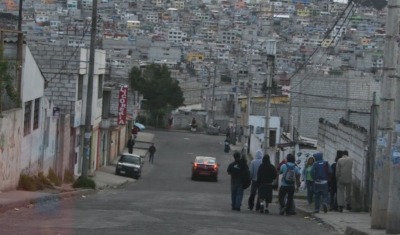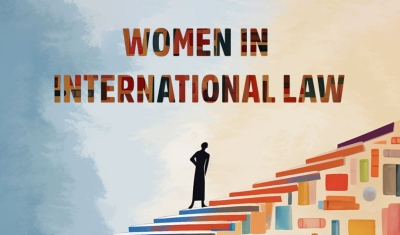Public events and expert seminars are a key part of our activities.


Olivier Chamard / Geneva Academy
We run various private and public events – conferences, workshops, seminars, roundtables – providing a critical and scholarly forum for discussion around topical issues. The livestreaming of flagship events allows audiences outside Geneva to follow debates and participate via social media.
IHL Talks
The ‘IHL Talks’ consist of a series of events on contemporary issues of international humanitarian law and/or humanitarian policy. They target academics, practitioners and policy-makers – representatives from states, the United Nations and other relevant international organizations – as well as civil society.
Current Issues in Armed Conflict Annual Conference
This annual conference, co-organized with the Human Rights Centre at the University of Essex, provides a space for experts and practitioners, diplomats, academics, and civil society representatives to discuss the legal and policy issues that have arisen in the past and the current year in relation to armed conflicts situations.
Military Briefings
The Military Briefings, a unique series of events relating to military institutions and the law, aim to improve our students’ knowledge of military actors and operations and build bridges between the military and civilian worlds. Military guests – on active duty, retired or from the reserve – will discuss military institutions, their missions as well as operational and legal challenges they face in their daily work. Each briefing is divided into two parts: a presentation aimed at equipping students with basic knowledge on the selected theme, and a discussion, where the guest speaker engages with students on the challenges raised by the theme.
The Military Briefings address six themes:
- Military organization and operational decision-making
- Operational law
- Integration of the law in military training
- Practical examples of legal challenges in operations
- Military justice
- Weapons systems
The Military Briefings are coordinated by our Research Fellow Dr Eugénie Duss.
PhD Forums
The PhD Forums are a space that gathers PhD researchers and experts – in Geneva and beyond – who work in our scientific focus areas: international humanitarian law, international human rights law, international criminal law, transitional justice, international refugee law and selected public international law topics. This series aims at providing them with a space to share their ideas with colleagues in an informal, respectful and enjoyable setting, and benefit from constructive feedback and discussions. It also seeks to connect researchers working on topics of common interest who are not necessarily based in Geneva.
The Geneva Academy PhD Forums take the form of a series of roundtables in a hybrid format – in person at the Geneva Academy and online via Zoom. PhD students working in relevant areas/topics can present their work in progress, ranging from their research plan to rough ideas for a chapter of their thesis or paper. A main discussant – who can be one of the PhD peers or a well-established expert with rich experience and knowledge on the topic discussed – is designated for each session. Following the discussant’s first reaction to the presentation, the floor is open for further comments or questions from the attendees and discussion with the presenter.
They are coordinated by our Teaching Assistants Katia Rosenblat and Mina Radončić. Those interested in presenting their work and/or in attending the next series of events can subscribe to the PhD Forum mailing list. The organizers can be contacted for specific questions at This email address is being protected from spambots. You need JavaScript enabled to view it..






